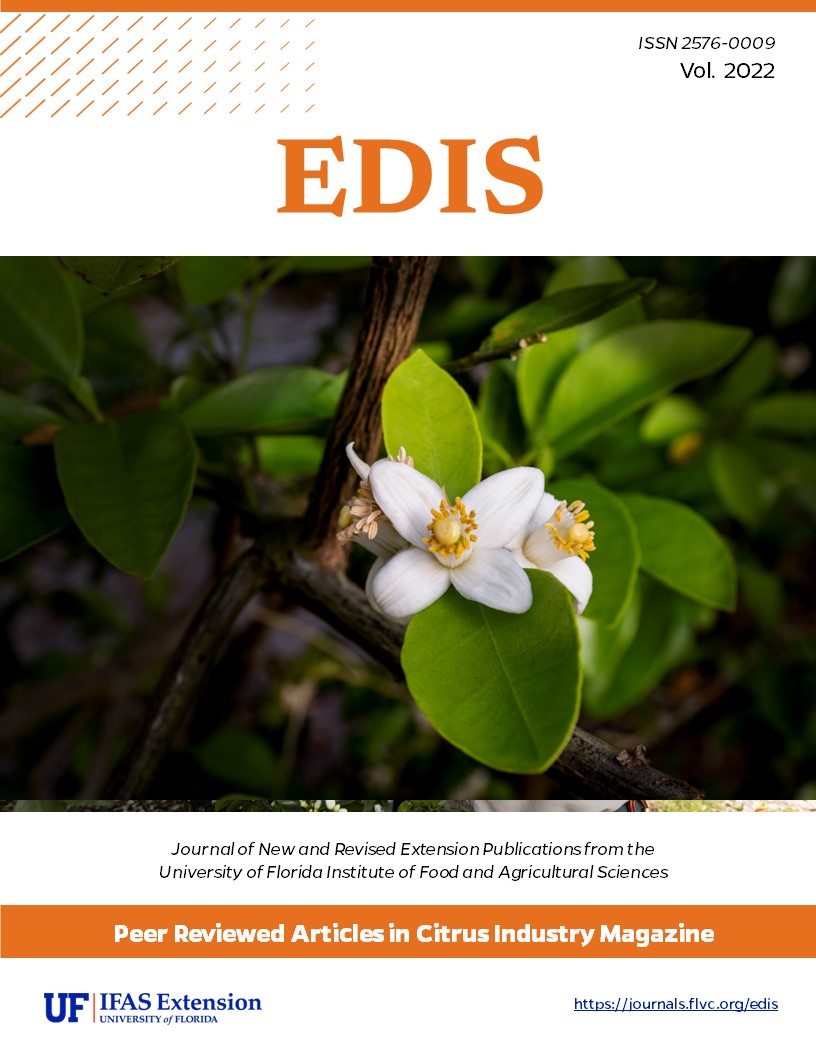Abstract
Currently, growers have relied on suppression of ACP with insecticides, or more recently individual protective covers (IPCs), to prevent pathogen transmission. An alternative potential method to disrupt transmission of the greening pathogen is to develop a ‘non-transmitting ACP’.
A psyllid population that cannot transmit CLas would be mass reared for release in commercial citrus groves with goal of replacing local ACP populations. One approach for developing non-transmitting ACP is to modify bacteria, called endosymbionts, that live inside ACP. One of these endosymbionts living in psyllids, called Wolbachia, can be modified to produce novel proteins that target the CLas pathogen after it is acquired by ACP and prevent it from being transmitted by the psyllid during feeding. By replacing existing ACP populations with 'non-transmitting ACP', transmission of the greening pathogen would be reduced. Although this technology would not likely solve the greening problem, we envision that it could serve as an important complement to current tools by reducing the need for broad-spectrum insecticides and facilitating biological control agents.

